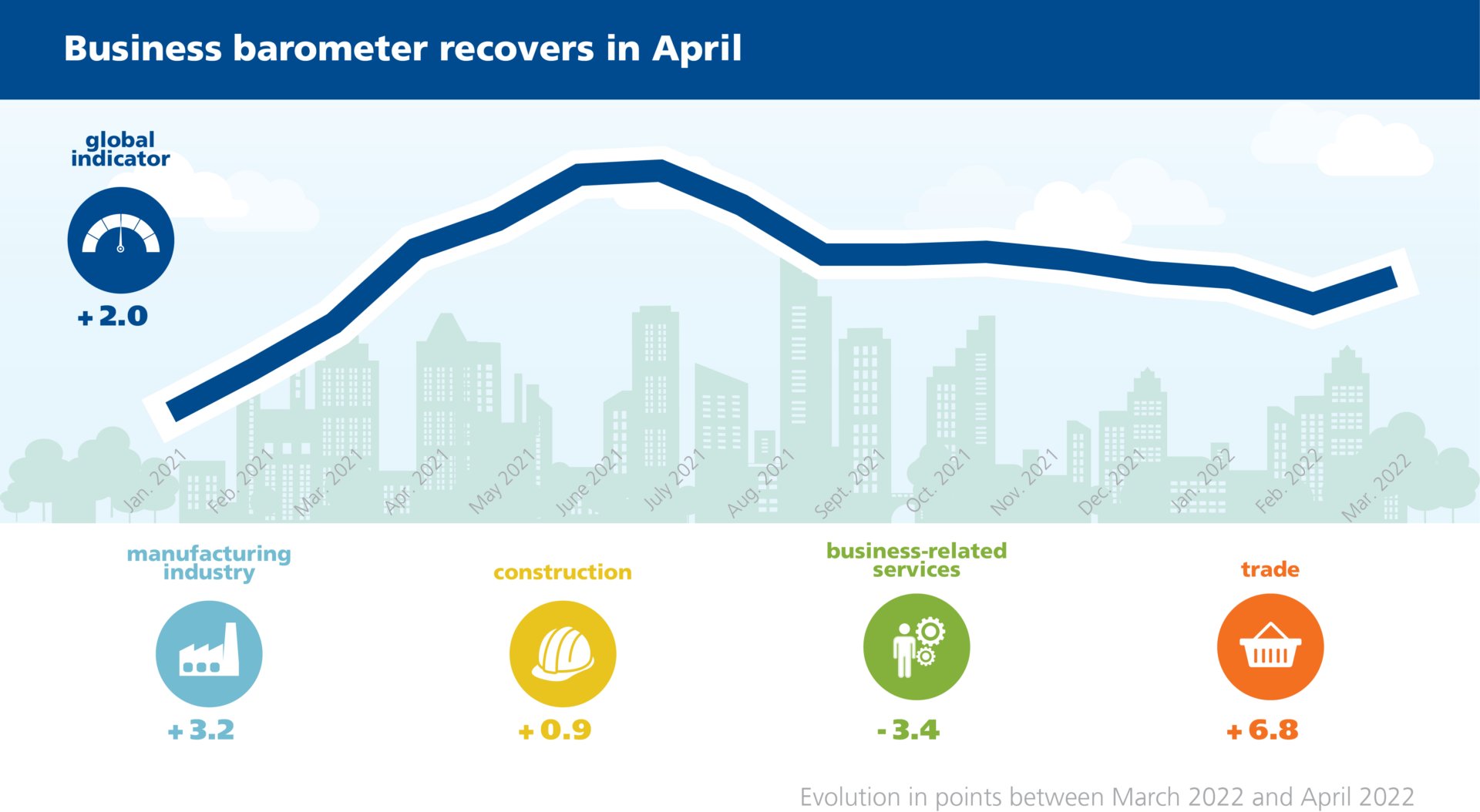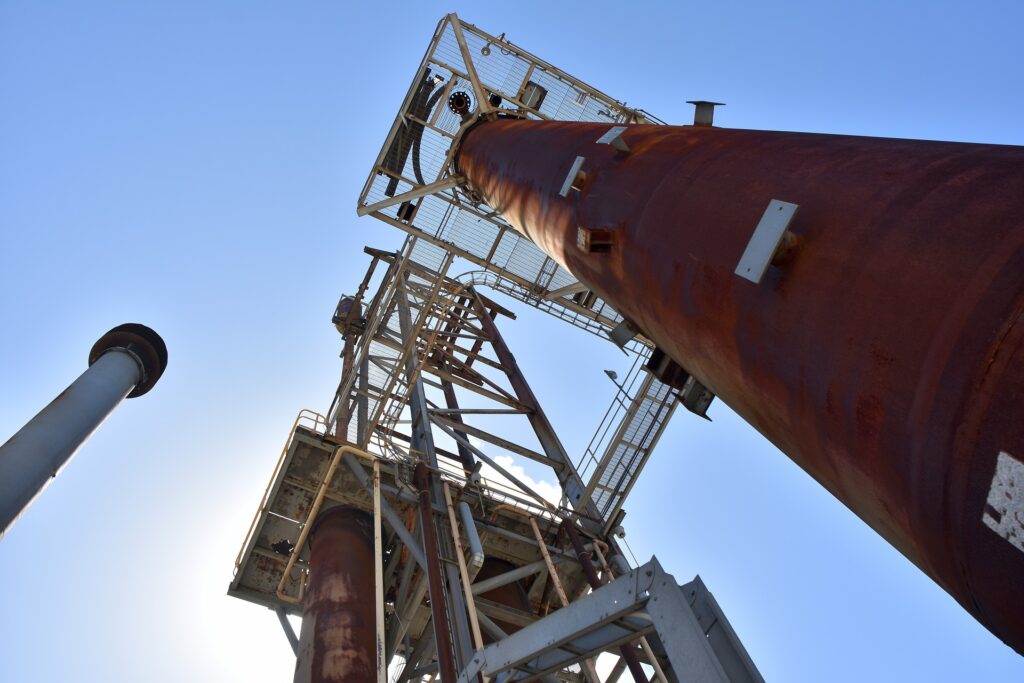Despite the war in Ukraine and rapidly rising energy prices, Belgian businesses are now more optimistic for the future, according to data released by the National Bank of Belgium.
Companies from most sectors of the economy are now reporting more favourable outlooks for their business activities. The trade sector has rebounded by 6.8 points, manufacturing by 3.2, and construction by 0.9.
Other industries, such as business-related services, are now less confident for the future, falling by 3.4 points.

Credit: National Bank of Belgium
Data shows that economic insecurity in 2022 led many businesses to wind back production and not use their full capacity. In January, Belgian businesses used just 78.5% of their production capacity, mostly due to the high cost of energy.
Now, businesses appear to have increased production, utilising 81.8% of their total production capacity. This figure is well above the long-term average for production capacity.
In trade, which witnessed the greatest increase in confidence, all indicators strengthened. Trade firms are more optimistic about demand and making orders from their suppliers.
The Belgian manufacturing industry is also cautiously more optimistic, with companies taking more orders and filling inventory. However, data shows that the sector is still expecting demand to further decrease in the coming months.
Related News
- 2021 Belgian economy in review: Strong recovery, but troubles abound
- Belgian consumer confidence collapses in March
- Competitive disadvantage: Belgian industry struggles with energy costs
The construction industry, which is currently experiencing issues with the rapidly rising price of building materials, has seen an uptake in total orders, adding to the measure of confidence.
In March, the confidence of Belgian consumer’s plunged to all-time lows due to uncertainty from Russia’s war against Ukraine. Consumer confidence fell by 17 points since February, the most significant decline recorded since the start of the National Bank’s indicator in 1985.

